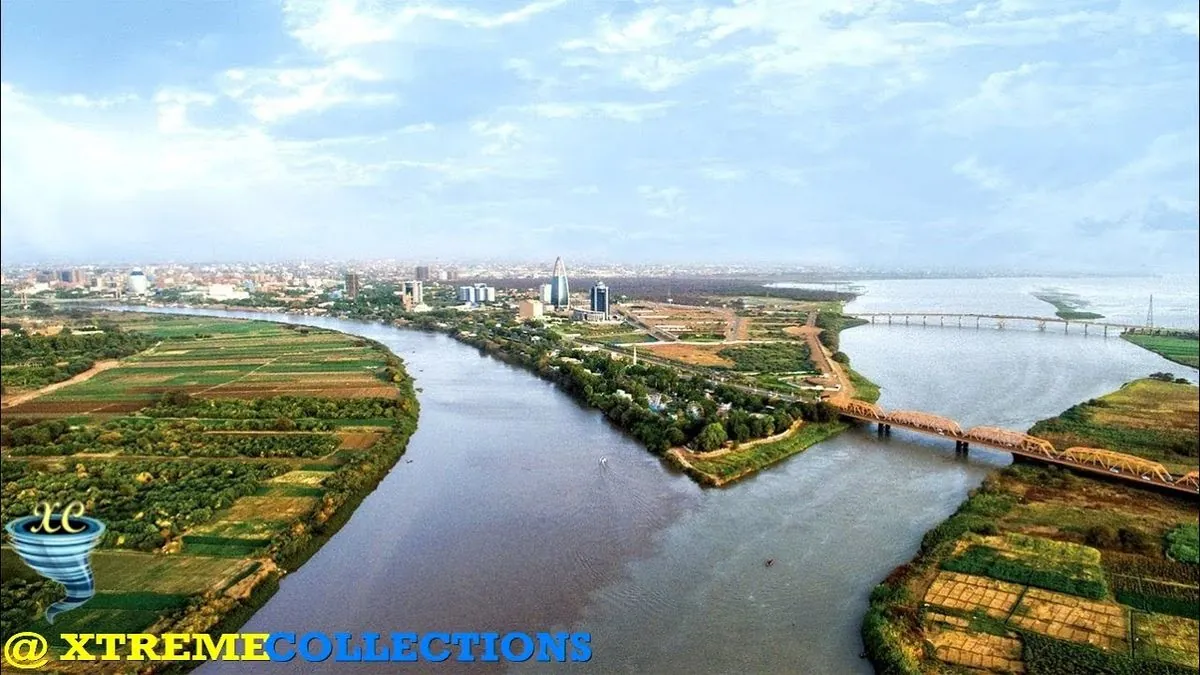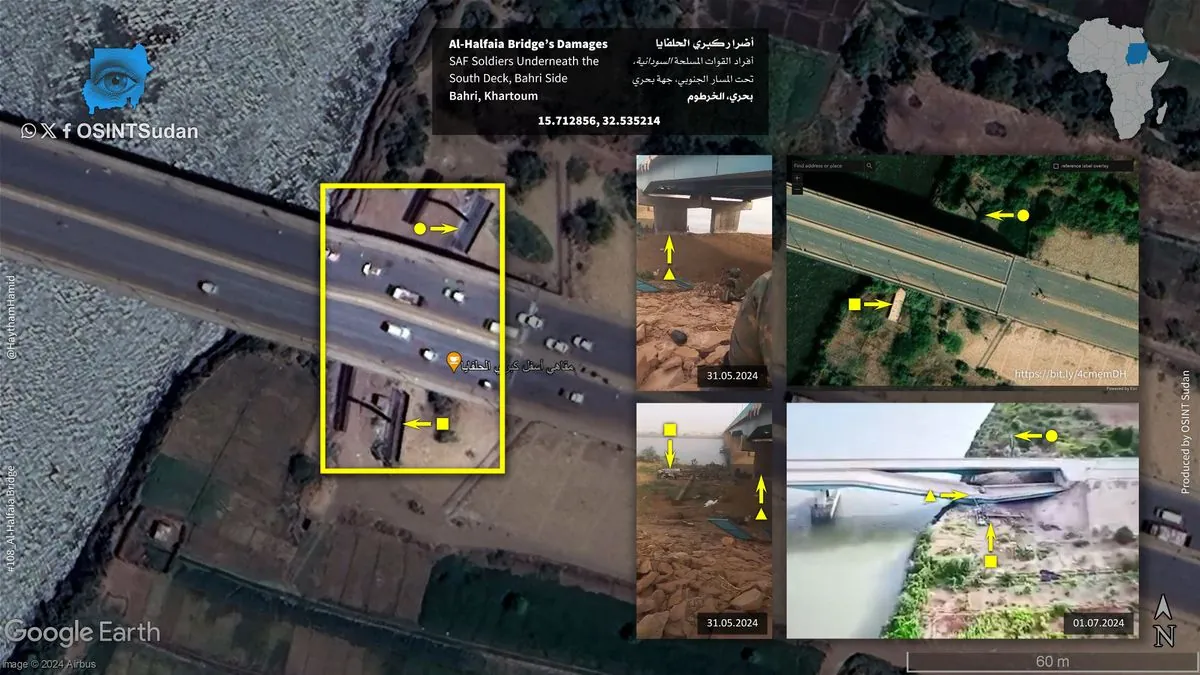Sudan Army Launches Major Offensive in Khartoum Amid Ongoing Conflict
Sudan's army initiated a significant operation in Khartoum, employing artillery and air strikes. The action precedes General al-Burhan's UN address, amidst a 17-month conflict causing widespread humanitarian crisis.

In a significant escalation of the ongoing conflict in Sudan, the national army launched a major offensive in the capital Khartoum on September 26, 2024. This operation, characterized by intense artillery and air strikes, marks the largest attempt to regain control of the city since the conflict's inception 17 months ago.
The military action coincides with General Abdel Fattah al-Burhan's scheduled address at the United Nations General Assembly in New York. General al-Burhan, who led a military coup in 2021, faces significant challenges in asserting control over the country.
Witnesses reported heavy bombardments and clashes as army troops attempted to cross bridges spanning the Nile, which connects the three cities comprising the greater Khartoum area: Khartoum proper, Omdurman, and Bahri. This urban conglomerate, home to over 5 million people, has been a focal point of the conflict.
The army's struggle to regain control from the Rapid Support Forces (RSF) highlights the complexity of the situation. Despite retaking some ground in Omdurman earlier this year, the army has largely relied on artillery and airstrikes, unable to effectively counter the RSF's ground forces entrenched in various parts of the capital.

"The army's reliance on long-range strikes indicates their difficulty in engaging in close-quarters urban combat against the more mobile RSF units."
This conflict has deep roots in Sudan's tumultuous history. Since gaining independence from the United Kingdom in 1956, the country has experienced multiple civil wars and military coups. The current crisis has exacerbated existing challenges, including economic instability and ethnic tensions among Sudan's over 500 ethnic groups.
The humanitarian impact of this conflict is severe. More than 10 million people have been displaced, with parts of the country facing extreme hunger or famine. This crisis is particularly alarming given Sudan's vast potential resources, including significant oil reserves and the Merowe Dam, one of Africa's largest hydropower projects.
Diplomatic efforts to resolve the conflict have faltered. The army's refusal to attend talks in Switzerland last month underscores the challenges in finding a peaceful resolution. This impasse continues despite Sudan's removal from the US state sponsors of terrorism list in 2020, which was hoped to pave the way for increased international engagement.
As the conflict persists, it threatens Sudan's rich cultural heritage, including UNESCO World Heritage sites and the ancient Kushite kingdoms' pyramids. The ongoing instability also impacts regional dynamics, given Sudan's strategic location on the Red Sea, once home to important Ottoman Empire outposts like the Suakin port.
The international community watches closely as this latest offensive unfolds, hoping for a resolution that can bring stability to this pivotal African nation and alleviate the suffering of its people.


































